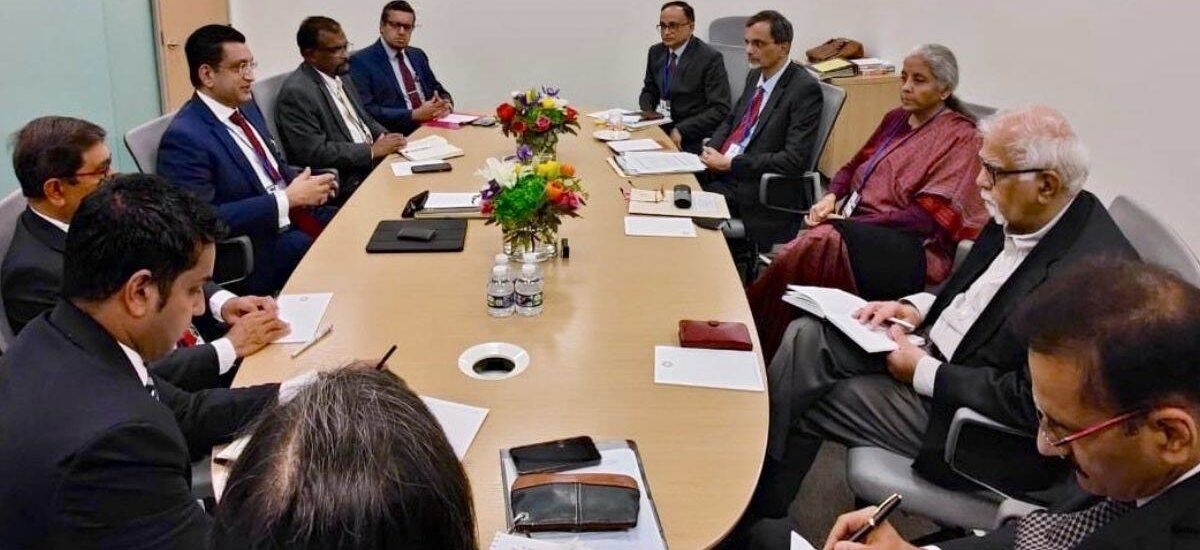The International Monetary Fund (IMF) announced a significant milestone in its partnership with Sri Lanka, as it reached a staff-level agreement with the country's authorities on the first review under a comprehensive economic reform program. This program is supported by a 48-month Extended Fund Facility (EFF) arrangement, which was approved by the IMF Executive Board in March 2023, with a total value of SDR 2.3 billion, approximately US$3 billion.
This staff-level agreement sets the stage for an important step in Sri Lanka's ongoing economic recovery, subject to the approval of IMF management and the IMF Executive Board. The approval process hinges on two key factors: the successful implementation of all prior actions by the Sri Lankan authorities and the completion of financing assurances reviews, which will assess progress in debt restructuring. The goal is to instill confidence that debt restructuring will be completed in a timely manner, aligning with the program's debt targets.
Upon approval by the IMF Executive Board, Sri Lanka is poised to gain access to SDR 254 million, or approximately US$330 million. This will bring the total IMF financial support disbursed under the arrangement to SDR 508 million, equivalent to about US$660 million.
The authorities in Sri Lanka have shown unwavering commitment to an ambitious reform agenda under the EFF. Their efforts have yielded commendable results, including rapid disinflation and a significant fiscal adjustment expected by the end of the current year. As of the end of June, program performance remained satisfactory, with all quantitative performance criteria for the same period met, except for expenditure arrears. Additionally, most indicative targets were met, with the exception of tax revenues. Some structural benchmarks were met, while others were implemented with slight delays by the end of September 2023.
Notably, Sri Lanka became the first country in Asia to undergo the IMF Governance Diagnostic exercise, a process aimed at enhancing governance and transparency. While the economy is showing early signs of stabilization, with a substantial decrease in inflation and improved international reserves, full economic recovery is still uncertain. Growth momentum remains constrained, and high-frequency economic indicators provide mixed signals.
The external position of Sri Lanka has weakened during prolonged debt restructuring discussions, and reserve accumulation has slowed in recent months. Resolving the uncertainty associated with debt treatments is crucial for the country's businesses and external financing. Sustaining the reform momentum is paramount in steering the Sri Lankan economy toward sustained recovery and inclusive growth. It is important for the authorities to maintain cost recovery in fuel and electricity pricing to mitigate fiscal risks stemming from state-owned enterprises. Enhancing the social safety net is equally crucial to protect vulnerable segments of the population.
The IMF team noted the tentative agreement between Sri Lanka and the Export-Import Bank of China, with a keen interest in analyzing the details. The IMF emphasizes the need for official creditors to agree on debt treatment consistent with the program parameters and debt targets approved by the IMF Executive Board. Negotiations with commercial creditors are ongoing, and a robust approach is essential to restore debt sustainability and prevent delays that could worsen the economic outlook for Sri Lanka.










